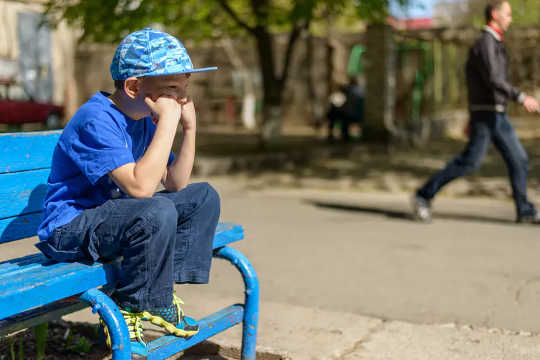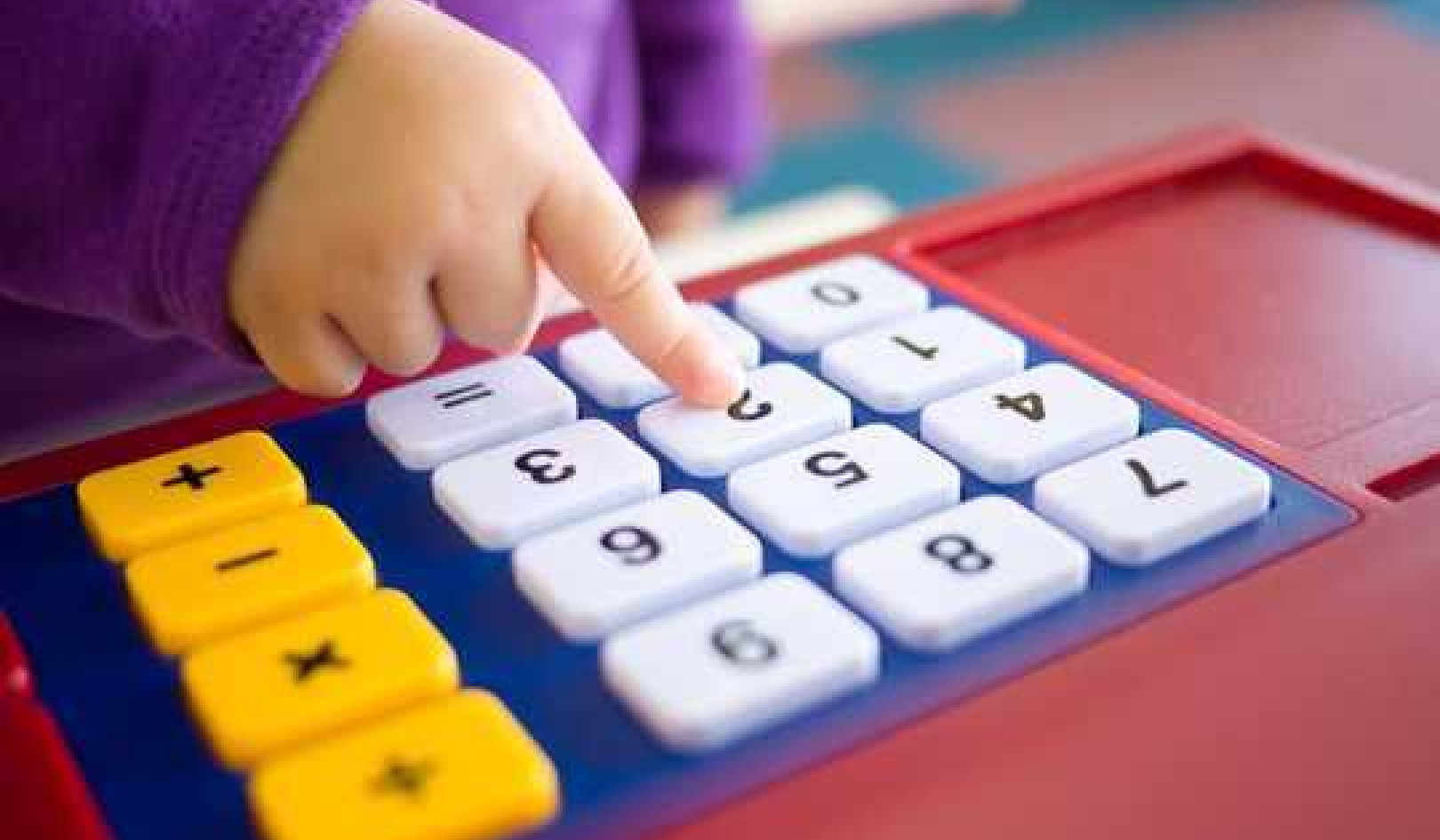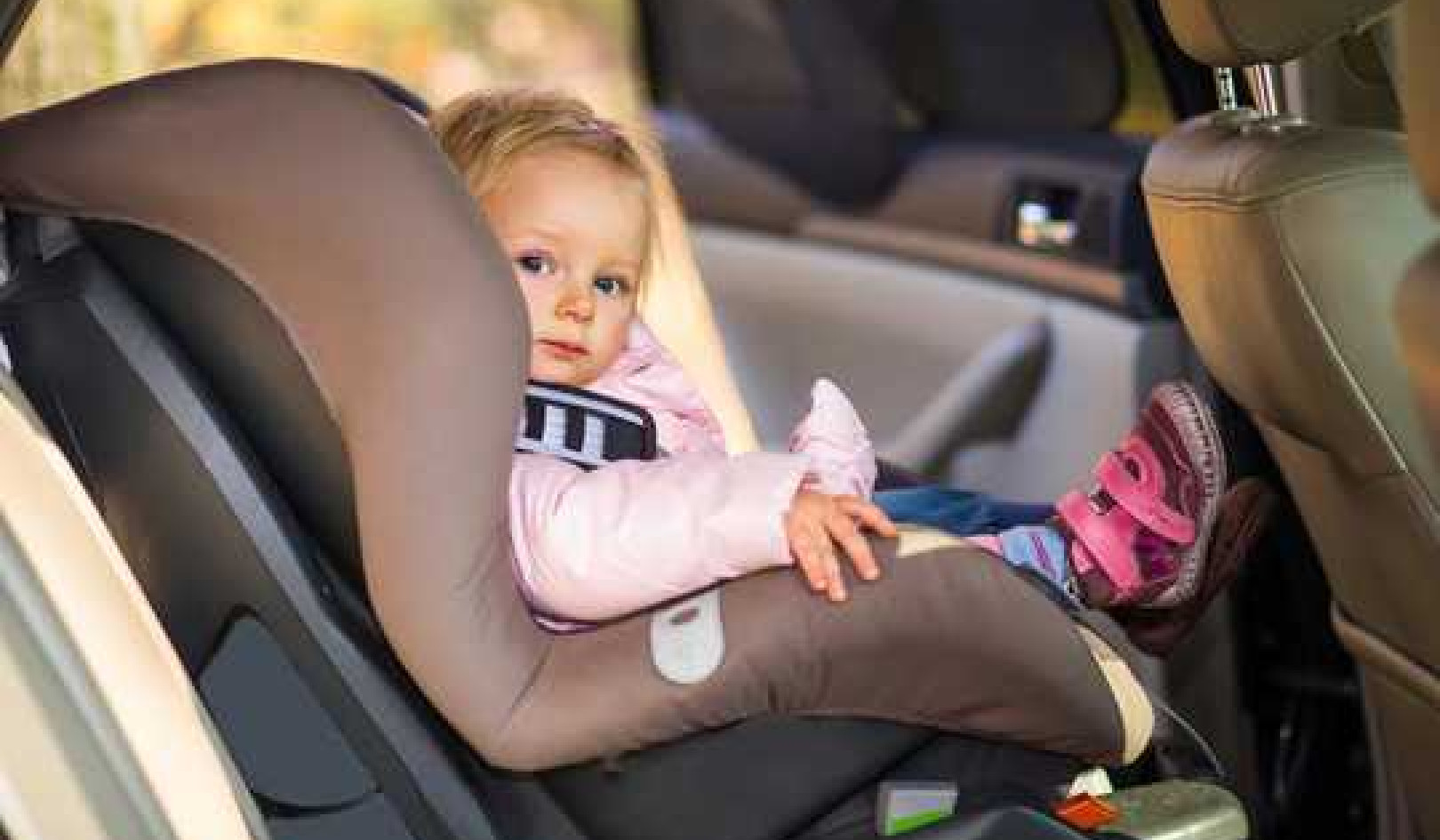
Many children have busy and rigid schedules. VGstockstudio/Shutterstock
As a mother of three grown-up children, I vividly recall the panic I felt when the annual six-week summer school holidays approached. Weeks of potential chaos loomed ahead as the regular routines were disrupted. My psychological knowledge just added to the stress. Research consistently pointed to the importance of regular and stable routines in raising emotionally secure children.
My sympathies therefore immediately went out to all the parents who had to stay home indefinitely with their children during the Covid-19 lockdown. More recent research findings continue to find links between household chaos, such as background noise or lack of routine, and adverse outcomes for children – from behavioural to academic.
But can there be such a thing as too much routine? And could it interfere with children’s sense of independence and creativity?
Many parents (including myself), and especially those more affluent and “middle class”, often unknowingly adopt a “hyper” or “helicopter” parenting style. This involves planning the majority of their children’s lives in detail, via structured classes and activities.
This has in fact become the norm within many social networks, and is reinforced by the commercial sector. Indeed, many children now expect their leisure time to consist of organised “enrichment” activities - artistic, educational, social and physical - such as dance classes or birthday parties. This in turn drives parents to continue to provide and support such activities.
But from the perspective of cognitive psychology, extremely rigid routines and heavy parental control is not always beneficial for children’s development. That’s because a fundamental part of growing up is learning how to tackle new challenges, going beyond predetermined routines.
We know that executive functions, the cognitive control mechanisms that support a number of higher-level processes including planning, multitasking and decision-making, are linked to important life outcomes. Studies have shown that the more time that children spend in less structured activities, such as playing on their own, the better their self-directed executive functioning. The opposite is true of overly structured activities, such as rule-driven sporting activities.
Controlling parenting in young childhood has also been found to reduce independence in adolescence. That’s because children learn to manage their own time and develop important skills for healthy development during free play, such as self belief and confidence in their ability to achieve their own goals.
The benefits of boredom
Parents often believe that children growing up in today’s byte-sized society have decreased attention spans and that organised activities can prevent them from getting bored.
 Boredom can motivate. Oleg Mikhaylov/Shutterstock
Boredom can motivate. Oleg Mikhaylov/Shutterstock
But psychology suggests that boredom itself can be beneficial by acting as a motivating force, encouraging children to seek out new experiences. Boredom motivates our quest for meaning and exploration by promoting associative thoughts, which can in turn promote creative and intelligent thinking, as well as reflection.
Most people follow routines to some extent, because it saves us time and energy for important tasks. But parents who enforce extremely rigid routines in all aspects of life can lose opportunities to develop and use their own imagination and creativity, which could then brush off on their children. One study found that highly creative parents tend to have highly creative children – despite the fact that genetics accounts for only a small proportion of people’s creativity. Instead, children seem to learn creativity from those around them.
Parental flexibility isn’t just important for creativity. During the COVID-19 lockdown, it has also been linked to greater family bonds and constructive parenting. The lockdown may in fact have helped many parents to step back and evaluate their interests and work out how to share them with their children.
In many cases, this may have lead to a change in the repetitive nature of family routines, such as mealtimes. This need not have resulted in negative outcomes. Rather than mealtimes being predictable, with rushed and boring routines, there was opportunity for more family time. This allowed children to have more involvement in meal preparation, and more time for conversation, negotiation and play – something we know is beneficial.
In the UK, the helicopters are now beginning to take off again as children return to quasi-normality. But before we plan all our children’s time to make up for lost education and “wasted time”, we may want to reflect on some of the unexpected benefits of the unscheduled grounding.![]()
About the Author
Debbie Pope, Lecturer in Psychology, University of Central Lancashire
This article is republished from The Conversation under a Creative Commons license. Read the original article.

Related Books:
Here are 5 non-fiction books on parenting that are currently Best Sellers on Amazon.com:The Whole-Brain Child: 12 Revolutionary Strategies to Nurture Your Child's Developing Mind
by Daniel J. Siegel and Tina Payne Bryson
This book provides practical strategies for parents to help their children develop emotional intelligence, self-regulation, and resilience using insights from neuroscience.
Click for more info or to order
No-Drama Discipline: The Whole-Brain Way to Calm the Chaos and Nurture Your Child's Developing Mind
by Daniel J. Siegel and Tina Payne Bryson
The authors of The Whole-Brain Child offer guidance for parents to discipline their children in a way that promotes emotional regulation, problem-solving, and empathy.
Click for more info or to order
How to Talk So Kids Will Listen & Listen So Kids Will Talk
by Adele Faber and Elaine Mazlish
This classic book provides practical communication techniques for parents to connect with their children and foster cooperation and respect.
Click for more info or to order
The Montessori Toddler: A Parent's Guide to Raising a Curious and Responsible Human Being
by Simone Davies
This guide offers insights and strategies for parents to implement Montessori principles at home and foster their toddler's natural curiosity, independence, and love of learning.
Click for more info or to order
Peaceful Parent, Happy Kids: How to Stop Yelling and Start Connecting
by Dr. Laura Markham
This book offers practical guidance for parents to shift their mindset and communication style to foster connection, empathy, and cooperation with their children.
























